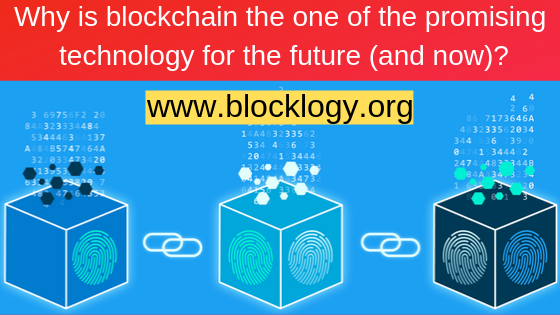WHY UPSC?
| “Sometimes the longest journey we make is the sixteen inches from our heads to our hearts.” – Elena Avila |
WHY MOST PEOPLE CHOOSE UPSC?
Many of our parents have come a long way from humble backgrounds to reach a point of financial security. Our parents, who are financially stable, want us to take things to the next level.
This is one reason why most of our generation, often face pressure from our parents to pursue careers as IAS officers or similar esteemed professions.
It is also a cultural phenomenon in India where people highly respect individuals in positions of authority such as IAS officers (collectors) and IPS officers.
Many others tend to romanticize the positions of SSPs (Senior Superintendent of Police) and DMs (District Magistrates) and find inspiration in them.
Professions like IAS (Indian Administrative Service) and IPS (Indian Police Service) enjoy an exceptional level of visibility and prestige compared to most other jobs in the country.
While some individuals may hold high-ranking positions in the corporate world, their status often lacks the exclusivity and recognition that IAS and IPS officers’ command.
The essential question here is whether these factors are sufficient for someone to pursue a career in civil services.
Imagine you are an SDM and there is a riot in your area at 11.00 P.M. and you get a call from the office. Can you say my office hours are done, let’s look at it the next day.
The answer is NO.
Being a civil servant goes beyond the scope of a 9-5 job and requires you to be available for duty whenever it’s necessary. Some may not hesitate to set aside their personal lives to serve during unconventional hours.
The salary of a civil servant is also lower compared to someone working in the corporate sector.
Is it still a worthwhile choice to become a civil servant despite these factors?
Absolutely yes. Because” Greatness lies not in being strong, but in the right use of strength.” -Henry Ward Beecher
Civil servants are often entrusted with significant responsibilities, and their true greatness is demonstrated by their judicious use of that power for the greater good.
Civil servants who are not only driven by their professional duties but also guided by a strong sense of compassion, ethics, and a sincere commitment to the welfare of their fellow citizens are more likely to make a lasting and meaningful impact on society.
Civil servants are on the front lines during emergencies, natural disasters, and other crises.
A civil servant’s job is far from routine. Civil servants often face complex and difficult decisions that can have far-reaching consequences for the community they serve.
To make a positive impact, they must bridge the gap between mere administrative decisions and the genuine welfare and well-being of the people.
Elena Avila’s quote above reminds us that the journey to become a true civil servant is not just about a professional choice; it’s a profound commitment that springs from the heart.
Your heartfelt dedication is what will sustain you through the pressures and trials of your career, ensuring that you can make a real impact on society and truly fulfill the role of a civil servant.
It’s a calling that demands your heart and soul, and it’s the only genuine motivation that will carry you through this remarkable journey.



